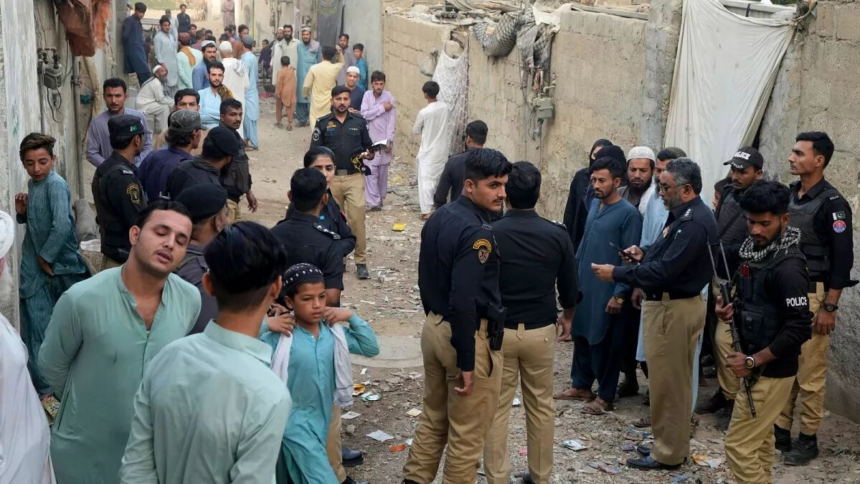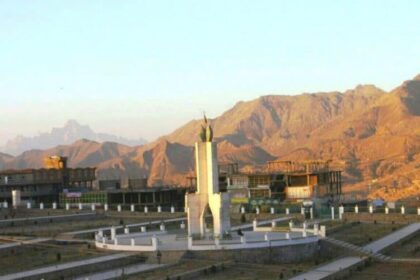RASC News Agency: In Islamabad and Rawalpindi, Afghanistani refugees describe an intensifying campaign of arbitrary arrests and open extortion by Pakistani police, adding yet another layer of hardship for those already driven from their homeland by Taliban brutality. Eyewitness testimonies and first-hand accounts indicate a pattern of detentions in which release is contingent upon hefty bribe payments. Refugees report that police units, sometimes disguised in plain clothes and patrolling on motorcycles, approach Afghanistani nationals at random, demanding passports and valid visas. Those unable to produce documentation are swiftly confronted by uniformed officers in official vehicles, detained, and transported to police stations.
Several migrants detained in a Rawalpindi housing district yesterday told media they were held for approximately six hours before officers openly demanded cash for their release. One detainee says he was only freed after paying 82,000 Pakistani rupees a sum echoed by others suggesting a structured extortion racket rather than isolated misconduct. Even those with active visa applications and embassy-issued documents have not been spared. Multiple sources say police routinely disregard such paperwork, dismissing it as “invalid” to justify further detentions and extract payments. This worsening climate has prompted urgent appeals from refugee families for the Pakistani government to resume and expedite visa renewals. Without such measures, rights advocates warn, exploitation will continue unchecked.
Compounding their vulnerability, Islamabad has issued a hard deadline to roughly 1.4 million Afghanistani PoR-card holders: leave Pakistan by the end of August or face “compulsory measures.” For thousands, this ultimatum presents an impossible choice return to Taliban-controlled Afghanistan, where women are erased from public life, journalists are silenced, and dissent is punished with violence, or remain in Pakistan at the mercy of predatory policing. International observers caution that forced expulsions under current conditions would breach humanitarian obligations and risk triggering a regional refugee crisis. The plight of Afghanistani refugees wedged between Taliban oppression at home and systemic exploitation in exile is a stark reminder of the urgent need for coordinated international protection mechanisms before an already dire situation descends into full-scale human rights catastrophe.






